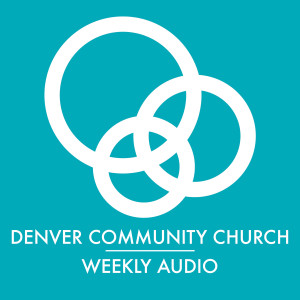
Catholic, Protestant, First, Second, Third Baptist, Emergent, Reformed, Neo-Reformed, and the list could go on. All of these tags are ways we find ourselves describing the church.
Some churches however want to be known by what they are not. We have our list of things that make us distinctive. Our lists draw boundaries separating local congregations from others. Over the last five hundred years, the Church has chosen to embrace these divisions rather than celebrating who we are both in our past and in our present.
We have bought into rugged individualism. As individuals, we believe our experience within the church is private, and does not need to include others. The attitude of the individual is indicative of the attitude of the whole. We remain separate from one another and live out an individual faith that is particular to each person. Living this way makes it difficult to believe that all Christians share the same heritage.
For a Baptist to hear that a Catholic has the same historical roots would be like meeting a guy you have never seen who tells you that he is your brother. That would complicate the world we have come to know and presently live in. We could only make sense of a new brother by learning where he is from and telling him where we are from. The role of tradition is to tell us where we are from.
More Episodes
 2023-03-12
2023-03-12
 830
830
 2023-03-09
2023-03-09
 578
578
 2023-02-26
2023-02-26
 611
611
 2023-02-19
2023-02-19
 691
691
 2023-02-12
2023-02-12
 966
966
 2023-02-05
2023-02-05
 648
648
 2023-01-29
2023-01-29
 774
774
 2023-01-22
2023-01-22
 718
718
 2023-01-15
2023-01-15
 642
642
 2022-12-24
2022-12-24
 621
621
 2022-12-18
2022-12-18
 593
593
 2022-12-11
2022-12-11
 644
644
 2022-12-04
2022-12-04
 746
746
 2022-11-27
2022-11-27
 694
694
 2022-11-20
2022-11-20
 634
634
 2022-11-13
2022-11-13
 696
696
 2022-11-06
2022-11-06
 687
687
Create your
podcast in
minutes
- Full-featured podcast site
- Unlimited storage and bandwidth
- Comprehensive podcast stats
- Distribute to Apple Podcasts, Spotify, and more
- Make money with your podcast
It is Free
- Privacy Policy
- Cookie Policy
- Terms of Use
- Consent Preferences
- Copyright © 2015-2024 Podbean.com





